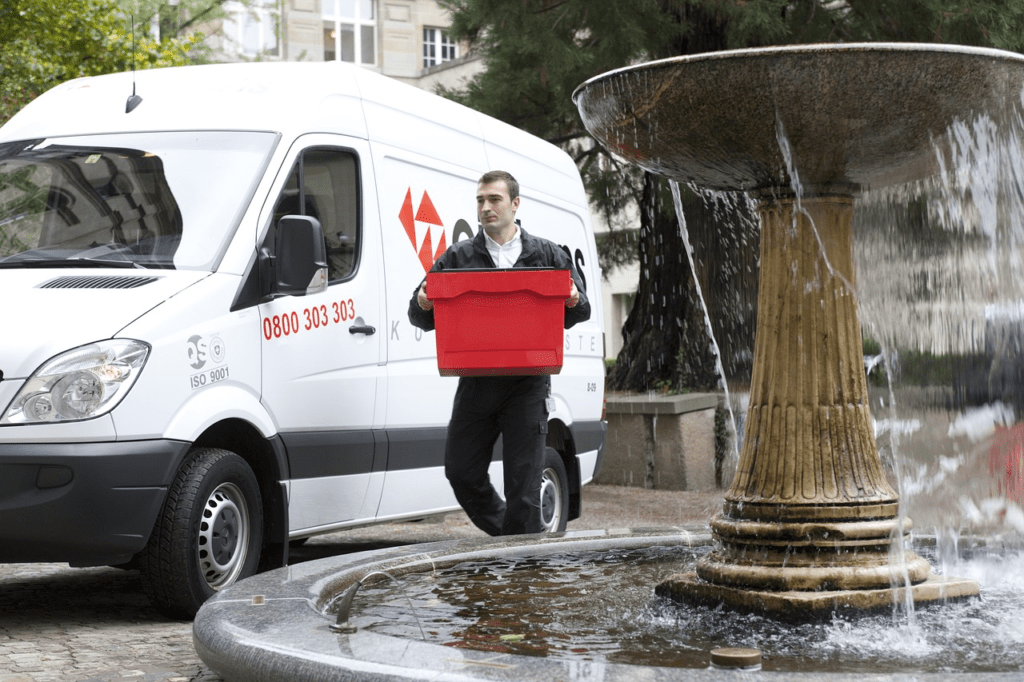
The process of getting a product from a warehouse or a production facility to its final destination can be a complicated and lengthy one, with various steps involved. Last mile delivery, in particular, refers to the final step of the delivery process, where the product is transported from a local distribution center or transportation hub to its intended destination. This step may seem insignificant compared to the rest of the shipping process, but it is crucial for ensuring customer satisfaction and can significantly impact the success of a business.
Last mile delivery has become increasingly important due to the rise of e-commerce and the subsequent growth of online shopping. With more consumers choosing to shop online and have their purchases delivered to their doorstep, businesses have had to adapt their delivery strategies to meet the changing demands of their customers. As a result, last mile delivery has become a key focus for many businesses looking to stay competitive in today’s market.
One of the primary reasons why last mile delivery is so important is because it directly impacts customer satisfaction. The quality of the delivery experience can greatly influence a customer’s perception of a business, and a negative experience can lead to lost sales and damage to the company’s reputation. In fact, a recent survey found that 96% of customers said that the delivery experience was an important factor in their overall shopping experience. This highlights the importance of last mile delivery and the need for businesses to prioritize this step of the shipping process.
Another reason why last mile delivery is so critical is because it can be the most complex and challenging part of the shipping process. Unlike the other steps involved in the shipping process, last mile delivery involves navigating local streets and neighborhoods, dealing with traffic, and managing the logistics of delivering a package to a specific location. These factors can make last mile delivery more time-consuming and costly than other parts of the shipping process. However, by prioritizing last mile delivery and investing in technology and infrastructure to improve this step, businesses can optimize their operations and streamline the shipping process.
To succeed in last mile delivery, businesses must be able to adapt to the unique challenges of this step of the shipping process. This requires a combination of technology, logistics expertise, and customer service skills. For example, businesses may need to invest in real-time tracking and delivery optimization software to ensure that packages are delivered on time and to the correct location. They may also need to work with local delivery partners or establish their own delivery networks to ensure that packages can be delivered quickly and efficiently.
In conclusion, last mile delivery is a critical component of the shipping process that can greatly impact customer satisfaction and the success of a business. By prioritizing this step and investing in the technology, logistics expertise, and customer service skills needed to optimize last mile delivery, businesses can improve the overall shopping experience for their customers and stay competitive in today’s market.
